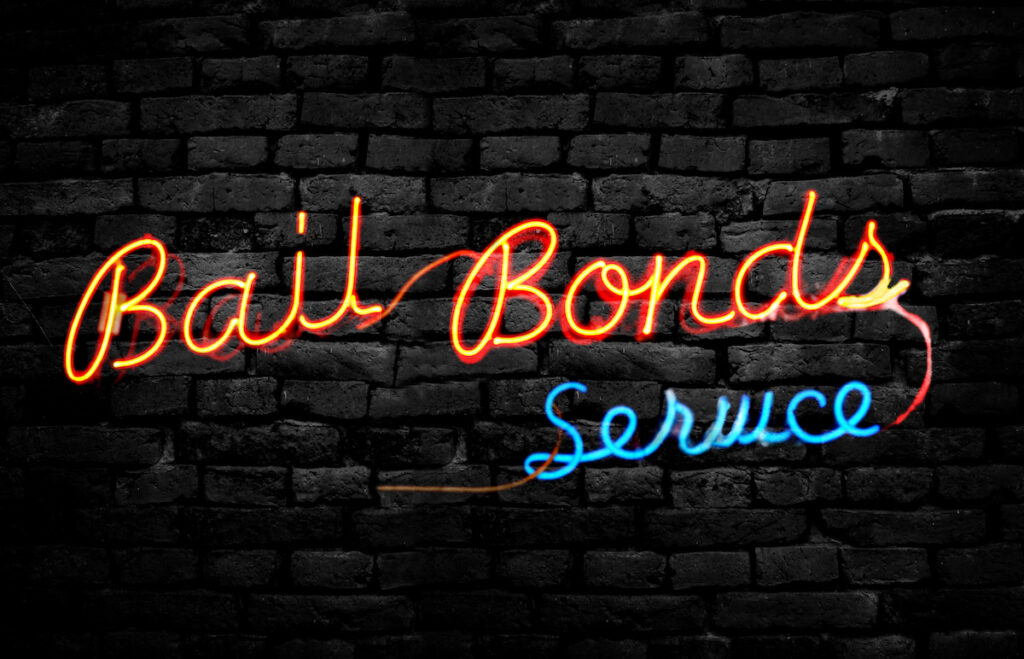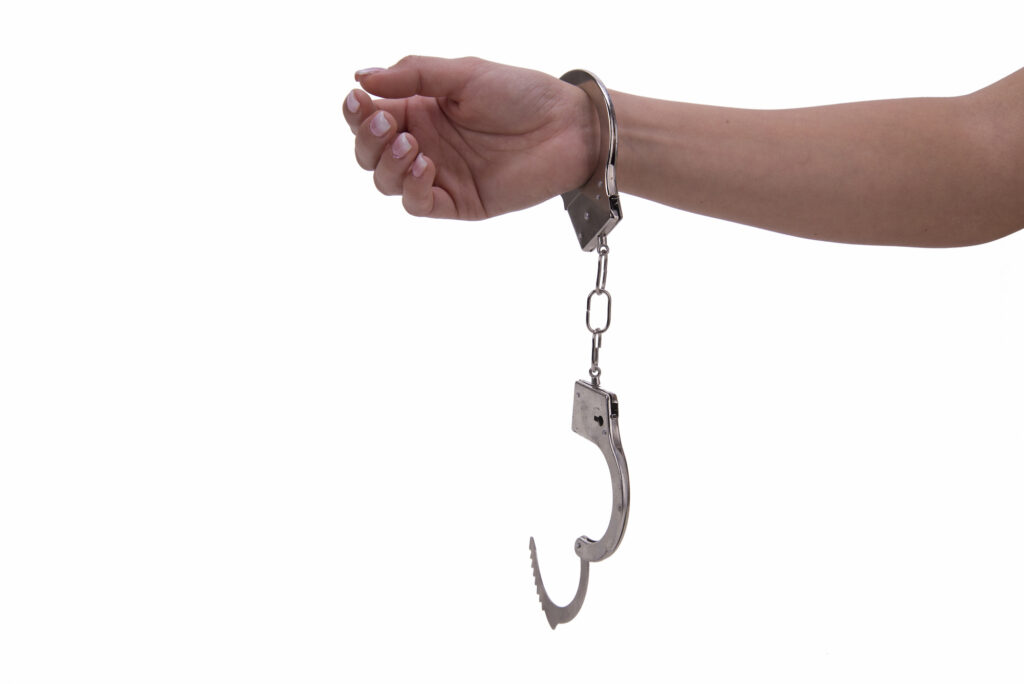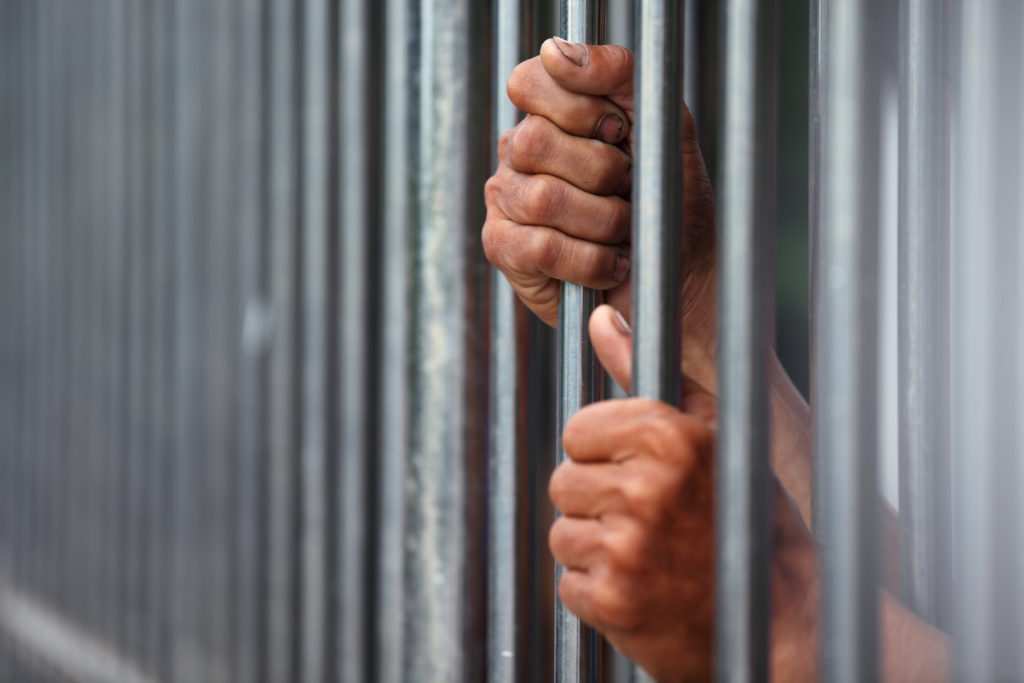
If you or your loved ones have ever found themselves in a bit of a pickle— i.e facing arrest— you have likely wondered what the foreseeable future looks like for you. Will you have to wait in jail until your court date? Will you lose your job? Will your marriage fall apart? How will your kids be taken care of? All of these are real and legitimate questions faced by people who find themselves under arrest and unable to make bail. It leads to a lot of uncertainty and the rippling consequences have often torn families apart or ruined people’s lives.
Freedom Bail Bonds assists people in similar situations and helps them fulfill their constitutional right to secure their release until they get their day in court. Embroiled within the many conversations of cash bail is the less-often-discussed way that bail amounts are actually set. There are predetermined amounts based on the crime, but judges also look at several factors and then come up with the final amount. Let’s take a look at that process and other changing aspects of the bail system.
The Role of the Bail Bondsman in Texas
Let’s quickly review the role of the bail bondsman in Texas. After someone is accused of a crime, they should go through a bail hearing. At this point, the judge will set a bail amount based on certain factors. Generally speaking, the bail is set based on the crime itself, circumstances surrounding the crime, and criminal history.
The Process of Bail Amounts More Closely
After a defendant is arrested, they must appear at a bail hearing or arraignment. This is where they will come before the judge and their bail amount will be set. Judges set bail based on what is called the bail schedule. The amount can be lowered or raised, however, based on special circumstances surrounding the specific case. The bail schedule refers to the list that will set the amount based on a predetermined list of crimes.
The amount is based on the nature of the crime but the judge does have some discretion in regards to lowering the amount. These bail schedules can change from county to county and from state to state. Part of the judge’s duty is to set bail charges for bailable felony offenses, misdemeanors, and other infractions. For minor misdemeanors, for example, bail might usually be around $500. A judge can choose to raise this amount based on the specifics of the particular case.
Factors that Determine the Cost of Bail
So what leads a judge to determine whether you pay the price on the schedule? You might end up with a bail of 100,000 dollars. Does this mean that your crime was something like murder? Not necessarily. It could simply mean that the judge deemed this necessary based on the crime at hand. So here’s what might affect your bail amount:
- The amount of evidence. The amount of evidence first presented will have an impact on the judge’s view of the case and of how they set bail.
- Criminal History. If the accused is known to have a well-documented criminal history, the judge might decide to hike up the bail amount. The reasoning behind this is that with harsher crimes and longer criminal records, it is in the judge’s interest to watch out for the community and be very careful as to who he is re
- The Risk to the Town and City. As mentioned above, if the judge will consider public safety as a major factor. If the defendant is facing a violent crime, domestic abuse, murder, or something to that effect, the judge may foresee that this may be a danger to the surrounding community and therefore raise the bail amount.
- The possibility of flight risk. The whole idea behind bail is to allow people to await their day in court without waiting behind bars. If a person is a flight risk or if there are any indicators that they might be, the judge might also raise the bail. If the judge suspects—based on evidence or a history of skipping bail—it might be reason enough to alter the bail amount.
- The seriousness of the offense. One of the most common ways that bail is set is simply through the seriousness or the level of the offense. The more serious the crime, the larger that bail amount will be.
Once the bail is set, bail will be posted on their behalf. Defendants can either post bail personally, through someone else, or have a bail bondsman contribute the cash. In the last couple of years, lawmakers have been trying to make changes to the bail system, which has opened up the conversation about how bail is set and whether the current system should stay. Some cities in the state of Texas are playing with the possibility of moving away from cash-based bail to pretrial jail release decisions that might allow low-risk level defendants to be released with no-cost bonds.
Do you know someone that has been arrested in El Paso? Have questions about the bail process and what their options are? Give Freedom Bail Bonds a call.


 Facing arrest is a scary prospect. Our justice system, however, is predicated on the idea that one is innocent until proven guilty. So much of our justice process then follows this trajectory and ensures that every defendant gets a fair trial. Before a defendant can stand in front of a judge and jury, there is a long process that has to happen. There need to be changes made, attorneys called, and prosecution cases put together. The burden of proof is more often than not on the prosecutor and given how long it can take to put together a case, a person might be waiting months before they get things settled. So as a defendant or a loved one of the defendant’s, it is important to know the law and familiarize yourself with some rules. Every state is a little bit different on this, so let’s look at some Texas regulations.
Facing arrest is a scary prospect. Our justice system, however, is predicated on the idea that one is innocent until proven guilty. So much of our justice process then follows this trajectory and ensures that every defendant gets a fair trial. Before a defendant can stand in front of a judge and jury, there is a long process that has to happen. There need to be changes made, attorneys called, and prosecution cases put together. The burden of proof is more often than not on the prosecutor and given how long it can take to put together a case, a person might be waiting months before they get things settled. So as a defendant or a loved one of the defendant’s, it is important to know the law and familiarize yourself with some rules. Every state is a little bit different on this, so let’s look at some Texas regulations.  No one wants to spend time in jail, especially during the holiday season. If you or a loved one is in police custody, and you’ve been charged with an offense, then you don’t have to feel as if all your options have been extinguished. You have the ability of posting bail in order to get out of jail. The bail amount is determined by the judge. He or she will base the amount on a handful of factors, such as the crime’s severity or the probability of the defendant, committing other crimes upon release.
No one wants to spend time in jail, especially during the holiday season. If you or a loved one is in police custody, and you’ve been charged with an offense, then you don’t have to feel as if all your options have been extinguished. You have the ability of posting bail in order to get out of jail. The bail amount is determined by the judge. He or she will base the amount on a handful of factors, such as the crime’s severity or the probability of the defendant, committing other crimes upon release.